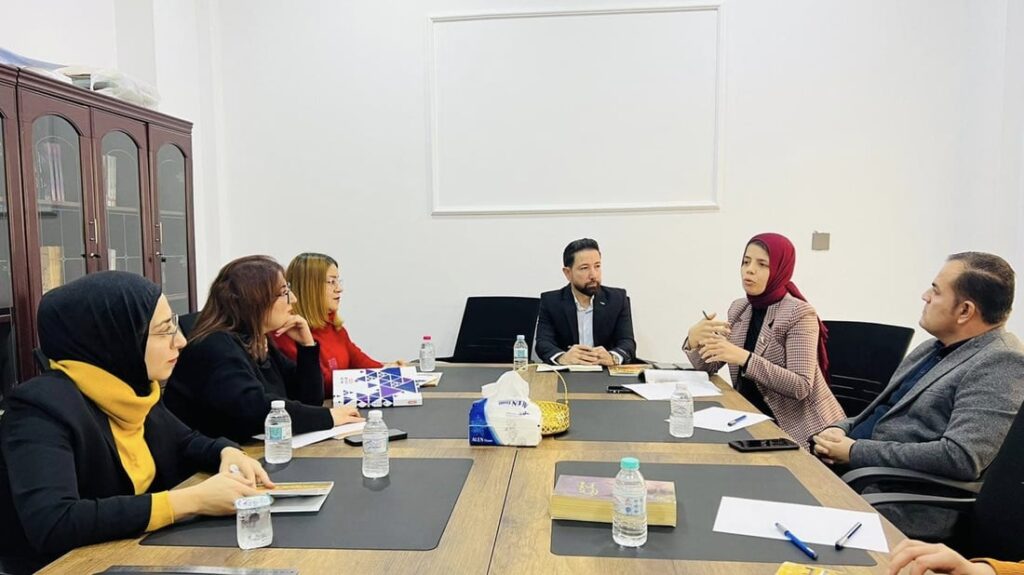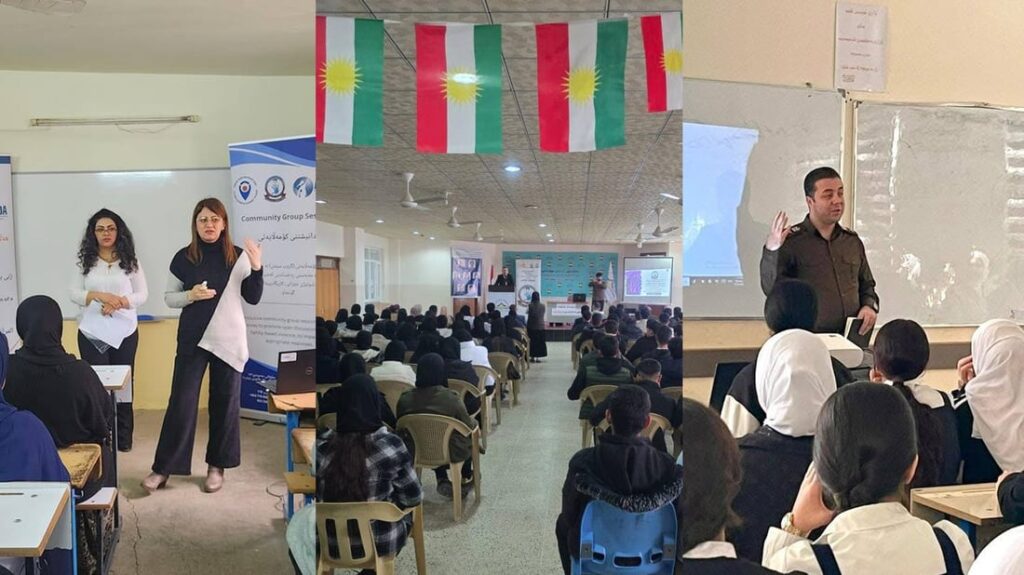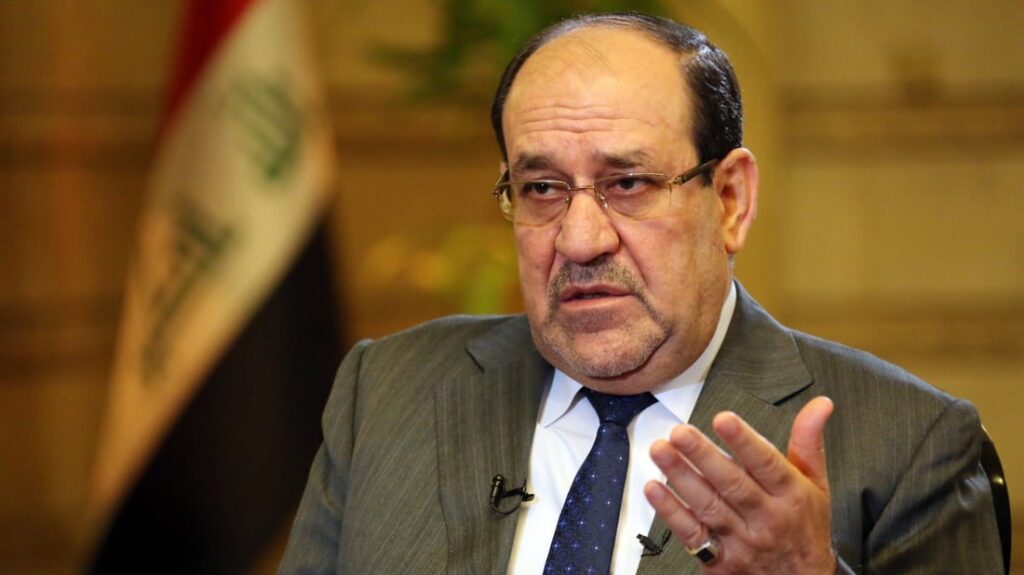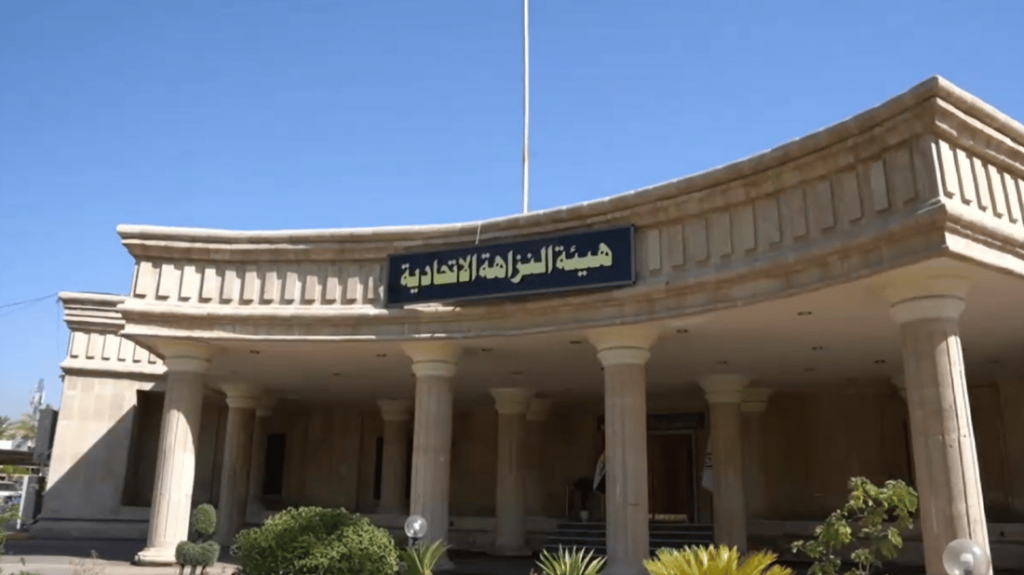Iraq: Iraq: Health Cluster Bulletin No. 9 - September 2019
Name of the Country: Iraq
Emergency type: Conflict
Reporting period: 01.09.2019 - 30.09.2019
The Ninewah Governor’s office issued a letter to the Directorate of Health (DoH) asking humanitarian partners not to recruit regular DoH staff in agencies. The full contact details of those staff already working with health partners was also required by the Governor’s office. The Cluster Team attended a briefing and working session on 3 September on the Humanitarian Needs Overview (HNO) 2020, People in Need (PiN) and severity. The aim of the meeting was to finalize the 2020 HNO inter-sectoral model.
The Cluster along with Camp Management coordinated the provision of services in Basateen IDP camp, Salah Al-Din, for the population that had arrived from Ninewa, as this population group were restricted from movement out of the camp to access healthcare through clinics in the host community. IOM was able to dispatch a mobile team at short notice, as soon as security approvals were obtained.
Upon partners having completed uploading projects to the Grant Management System for the 2nd Standard Allocation 2019 of the Iraq Humanitarian Fund, the Cluster held a Strategic Review Team (SRT) meeting on 2nd September and a Technical Review Team meeting on 5th September to vet the projects strategically and on a technical basis respectively.
The Health Cluster met with the UNICEF regional child protection specialist responsible for GBV and PSEA on 9 September to explore GBV mainstreaming in the humanitarian response and opportunities for the future, between the UNICEF team and cluster coordinators.
The “Availability, Accessibility, Acceptability, Quality (AAAQ)” framework was discussed as well as the downloadable Clinical Management of Rape (CMR) mobile application to provide guidance on the key steps of CMR treatment in a user-friendly manner, which UNICEF had piloted in Lebanon.
DAMA NGO developed and shared with the Cluster a Quality Control Assessment tool, using the iAuditor online platform, for Mobile Medical Units, which they started using internally to measure the quality of services provided by the MMUs supported by DAMA.
The Health Cluster Team and WHO Emergency Team Lead attended the Global Health Cluster Quality Improvement Task Team (QITT) Workshop held in Geneva between 11-13 September 2019. The objectives of this workshop were:
1) To have better understanding on defining quality of care in humanitarian situations, determining priority actions on how the Health Cluster can support quality assurance and improvement,
2) Understanding challenges in medicines quality assurance in humanitarian situations and determining strategies to go forward.
The Ministry of Migration and Displacement (MoMD) consolidated/closed a number of camps in Ninewah, Salah Al-Din and Anbar in September. The population of these camps either returned to their areas of origin, went to reside among host communities, or, moved to other camps. This last group of people were those whose livelihoods are disrupted or who are considered affiliated with extremist groups.
WHO conducted two Psychosocial First Aid (PFA)GBV trainings (8-10 and 15-17 September) for 30 staff from Cordaid NGO and 20 from UNOPS/Iraq Information Center (IIC). The aim for targeting the IIC staff was to orient them on the approach to take when responding to calls from IDPs regarding issues related to PFA and GBV.
OCHA conducted the Joint Need Analysis Workshop on 19 September in Erbil, in preparation for the HNO/HRP 2020. The Cluster presented the key findings in terms of priority needs, severity mapping and response analysis.
The Governor and Joint Crisis Coordination Center (JCCC) in Ninewah issued a decree preventing humanitarian partners from moving their assets from closed/consolidated IDP camps to other locations until a committee nominated by the JCCC did an inventory of all the assets in all sectors within each camp. This process had not started yet in September, which was causing delays for some partners in moving their assets. The Cluster reached out to OCHA at national and sub-national level to advocate with the Government in facilitating this process, which benefitted these partners.





